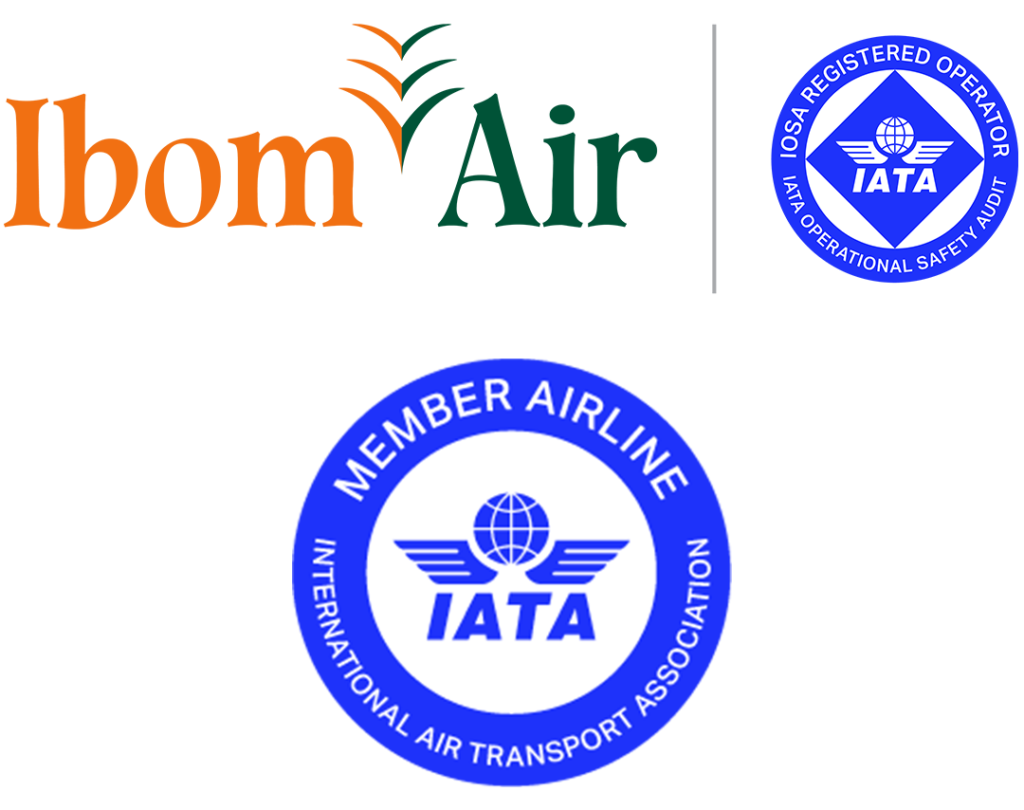Exploring the A220-300: Quick Facts for a Seamless Journey in Nigeria

The aviation industry is constantly evolving, introducing innovative aircraft that redefine air travel. One such marvel is the Airbus A220-300, a game-changer in the world of commercial aviation. We recently published an Ibom Air A-220 Quiz for customers to test their knowledge or A220s and Ibom Air. If you’re planning a trip in Nigeria, understanding the quick facts about the A220-300 can add an extra layer of excitement to your travel experience.
1. A220-300 Overview:
The A220-300, part of the Airbus A220 family, is a narrow-body, twin-engine jetliner designed for short to medium-haul flights. Known for its fuel efficiency and passenger comfort, this aircraft is making waves globally, including in Nigeria.
2. Operational Efficiency:
Designed with advanced aerodynamics and the latest technology, the A220-300 is incredibly fuel-efficient. For travelers in Nigeria, this means a more sustainable and eco-friendly journey, contributing to the aviation industry’s commitment to reducing environmental impact.
3. Capacity and Configuration:
The A220-300 typically accommodates around 130 to 150 passengers, offering a spacious and comfortable cabin. This makes it an ideal choice for routes within Nigeria, ensuring a smooth and enjoyable journey for both business and leisure travelers.
4. Range and Flexibility:
With an impressive range of approximately 3,350 nautical miles, the A220-300 is well-suited for connecting cities within Nigeria and neighboring regions. Its versatility makes it an excellent choice for airlines looking to expand their routes and offer travelers more options.
5. State-of-the-Art Cabin Comfort:
Travelers in Nigeria will appreciate the A220-300’s modern and comfortable cabin. The aircraft features larger windows, allowing for stunning views of the landscapes below. Additionally, its quieter engines contribute to a more relaxed and enjoyable in-flight experience.
6. Nigeria-Airbus Partnership:
Several Nigerian airlines have recognized the A220-300’s potential to elevate the passenger experience. As these airlines modernize their fleets, the A220-300 emerges as a frontrunner, providing a perfect balance of efficiency and passenger comfort.
7. Economic Impact:
The introduction of the A220-300 to Nigerian fleets signifies a positive economic impact. Airlines can optimize operating costs, potentially leading to more competitive ticket prices for travelers. This, in turn, enhances accessibility and encourages more people to explore the beauty of Nigeria.
8. Technological Advancements:
The A220-300 boasts cutting-edge technology, including a fly-by-wire system and advanced avionics. This not only enhances safety but also positions Nigeria at the forefront of adopting modern and sophisticated aircraft technology.
9. Enhanced Connectivity:
With its optimal range and capacity, the A220-300 facilitates improved connectivity within Nigeria. Passengers can seamlessly travel between major cities, contributing to the development of a more integrated and accessible air transportation network.
10. Future of Air Travel in Nigeria:
As Nigerian airlines embrace the A220-300, the future of air travel in the country looks promising. The aircraft’s efficiency, passenger-centric design, and operational flexibility make it a key player in shaping the travel experience for both domestic and international flights.
In conclusion, the Airbus A220-300 brings a new dimension to air travel in Nigeria. Its efficiency, capacity, and technological advancements make it a standout choice for airlines looking to enhance their fleets. For travelers, this means more comfortable and environmentally conscious journeys as they explore the diverse landscapes and vibrant culture that Nigeria has to offer. As the A220-300 becomes an integral part of the aviation landscape in Nigeria, it paves the way for a future where air travel is synonymous with innovation, efficiency, and an unparalleled passenger experience.

